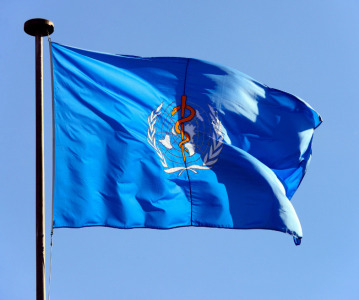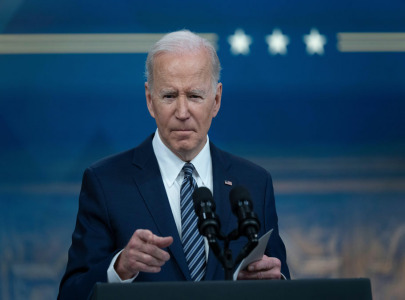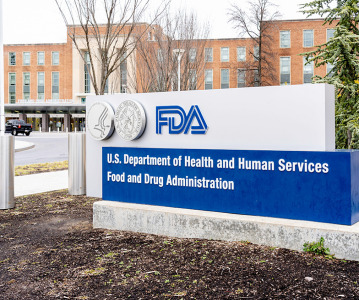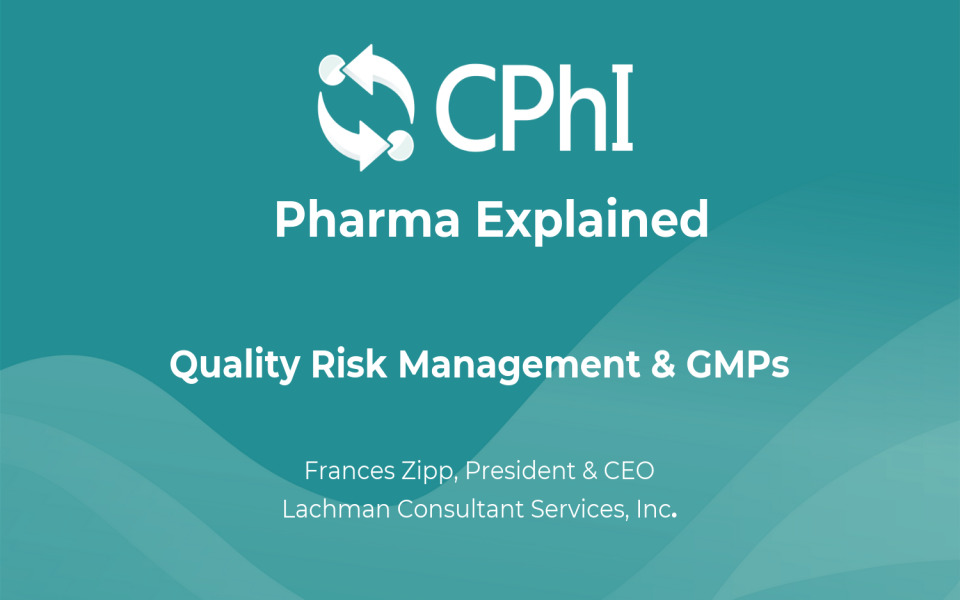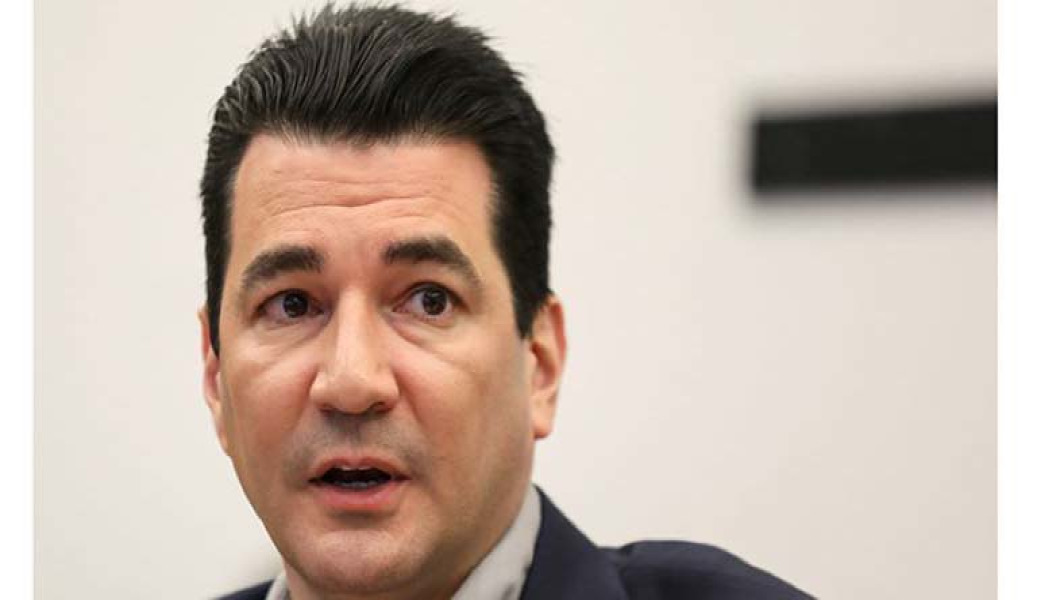EC approves the first and only immuno-oncology combination, BMS's Opdivo + Yervoy Regimen, for treatment of advanced melanoma

Approval allows for the marketing of the Opdivo (nivolumab) + Yervoy (ipilimumab) Regimen in all 28 Member States of the EU.
Bristol-Myers Squibb (BMS) has announced that the European Commission (EC) has approved Opdivo in combination with Yervoy for the treatment of advanced (unresectable or metastatic) melanoma in adults, representing the first and only approved combination of two immuno-oncology agents in the European Union (EU). This approval allows for the marketing of the Opdivo + Yervoy Regimen in all 28 Member States of the EU. Approval was based on CheckMate -067, the first Phase III, double-blind, randomized study, in which the Opdivo + Yervoy Regimen and Opdivo monotherapy demonstrated superior progression-free survival (PFS) and objective response rates (ORR) in patients with advanced melanoma, regardless of BRAF mutational status, versus Yervoy alone. The safety profile was consistent with previously reported studies evaluating the Opdivo + Yervoy Regimen, and most treatment-related adverse events were managed using established algorithms.
Dr James Larkin, from The Royal Marsden and lead author on CheckMate -067, the trial that led to this approval, commented: “Historically, advanced melanoma has been a very difficult-to-treat disease. Now, with this approval, patients in Europe will have a treatment option combining two immuno-oncology therapies, Opdivo and Yervoy, which in a Phase III randomized trial has shown its ability to deliver superior efficacy versus Yervoy monotherapy in progression-free survival and response. This is truly good news for healthcare providers and the patients they treat, as it represents an important new treatment option with the potential for improved outcomes.”
In study CheckMate -067, the Opdivo + Yervoy Regimen demonstrated a 58% reduction in the risk of disease progression versus Yervoy monotherapy in previously untreated patients with advanced melanoma (HR=0.42 [99.5% CI: 0.32-0.56; p<0.0001]), while Opdivo monotherapy demonstrated a 45% risk reduction versus Yervoy monotherapy (HR=0.55 [99.5% CI: 0.42-0.73; p<0.0001]). The median PFS for the Opdivo + Yervoy Regimen was 11.5 months (95% CI: 8.9-22.18) and 6.9 months (95% CI: 4.3-9.5) for Opdivo monotherapy versus 2.89 months (95% CI: 2.8-3.4) for Yervoy monotherapy, at a minimum follow-up of 18 months. The Opdivo + Yervoy Regimen and Opdivo monotherapy also demonstrated a higher ORR (ORR: 58% and 44%, p<0.0001, respectively) versus Yervoy monotherapy (19%). Median duration of response was not reached for the Opdivo + Yervoy Regimen and was 22.3 months for Opdivo monotherapy, versus 14.4 months for Yervoy alone.
Based on a pre-planned, descriptive analysis of data from CheckMate -067, the EC adopted the Committee for Medicinal Products for Human Use (CHMP) recommendation to add an informative statement to the broad indication that relative to Opdivo monotherapy, an increase in PFS for the combination of Opdivo with Yervoy is established only in patients with low tumour PD-L1 expression. In the study, overall response rates were higher for the combination of Opdivo and Yervoy relative to Opdivo monotherapy across tumour PD-L1 expression levels.
The approval was also based on supportive data from the Phase II study, CheckMate -069, in which the Opdivo + Yervoy Regimen demonstrated an ORR, the primary endpoint, of 61% (95% CI: 48.9-72.4) in patients with BRAF wild-type advanced melanoma, versus 11% (95% CI: 3-25.4) ORR in the Yervoy monotherapy arm, with a minimum follow-up of 11 months. The estimated 12- and 18-month overall survival (OS) rates were 79% (95% CI: 67, 87) and 73% (95% CI: 61, 82), respectively, for the Opdivo + Yervoy Regimen, and 62% (95% CI: 44, 75) and 56% (95% CI: 39, 70), respectively, for Yervoy monotherapy. The OS data are based on an exploratory, pre-planned analysis of patients with BRAF wild-type advanced melanoma.
Emmanuel Blin, senior vice president, Head of Commercialization, Policy and Operations, BMS, commented: “Today’s approval of the Opdivo + Yervoy Regimen for advanced melanoma patients supports our goal of developing innovative treatment approaches that have the potential to improve patient outcomes. The Opdivo + Yervoy Regimen is the first and only approved immuno-oncology combination, and only Regimen to deliver superior efficacy compared to Yervoy, and we are thrilled to make this novel combination treatment available to patients with advanced melanoma in Europe.”
Related News
-
News New WHO health emergency guidelines expect full transparency from Big Pharma
The WHO are proposing a new set of pandemic guidelines to set out how future global health crises should be handled. -
News Biden's $2 billion Biotech Boost
President Biden issues executive order to bolster U.S. biomanufacturing sector. -
News US FDA grants priority review for Eisai and Biogen's Alzheimer's drug
Decision by US drug regulator on lecanemab expected by early next year -
News Panaxia's medical cannabis facility in Malta gains EU-GMP standard
This second facility gives the company a significant power multiplier for export capacity and geographical reach -
News CPHI Discover: Remote excipient audits are on the increase, but we must do more to develop novel excipients
Ahead of the session, Value Added Excipients to Unlock the Potential of APIs, at CPHI Discover on Thursday 18th May – global pharma’s largest ever virtual gathering – we spoke with one of the speakers, Dr Iain Moor... -
News Pharma Explained: What is Quality Risk Management & cGMPs?
Need clarity on determining your QA from your QbD and your cGMPs? You’re not alone! In our new Pharma Explained series from CPHI, we bring you clear cut definitions from industry experts on a myriad of Pharma Terms, delivered in bitesize video presenta... -
News Former FDA Commissioner lays out roadmap for building out excess capacity to deal with pandemic situations
Dr Scott Gottlieb shares insights into COVID-19 vaccine development, the upcoming US election and pharma pricing at the CPHI Festival of Pharma -
News Successful MHRA regulatory inspection for Scottish CMO Symbiosis
Inspection conducted remotely using video-conferencing and an online private document sharing platform.
Position your company at the heart of the global Pharma industry with a CPHI Online membership
-
Your products and solutions visible to thousands of visitors within the largest Pharma marketplace
-
Generate high-quality, engaged leads for your business, all year round
-
Promote your business as the industry’s thought-leader by hosting your reports, brochures and videos within your profile
-
Your company’s profile boosted at all participating CPHI events
-
An easy-to-use platform with a detailed dashboard showing your leads and performance
